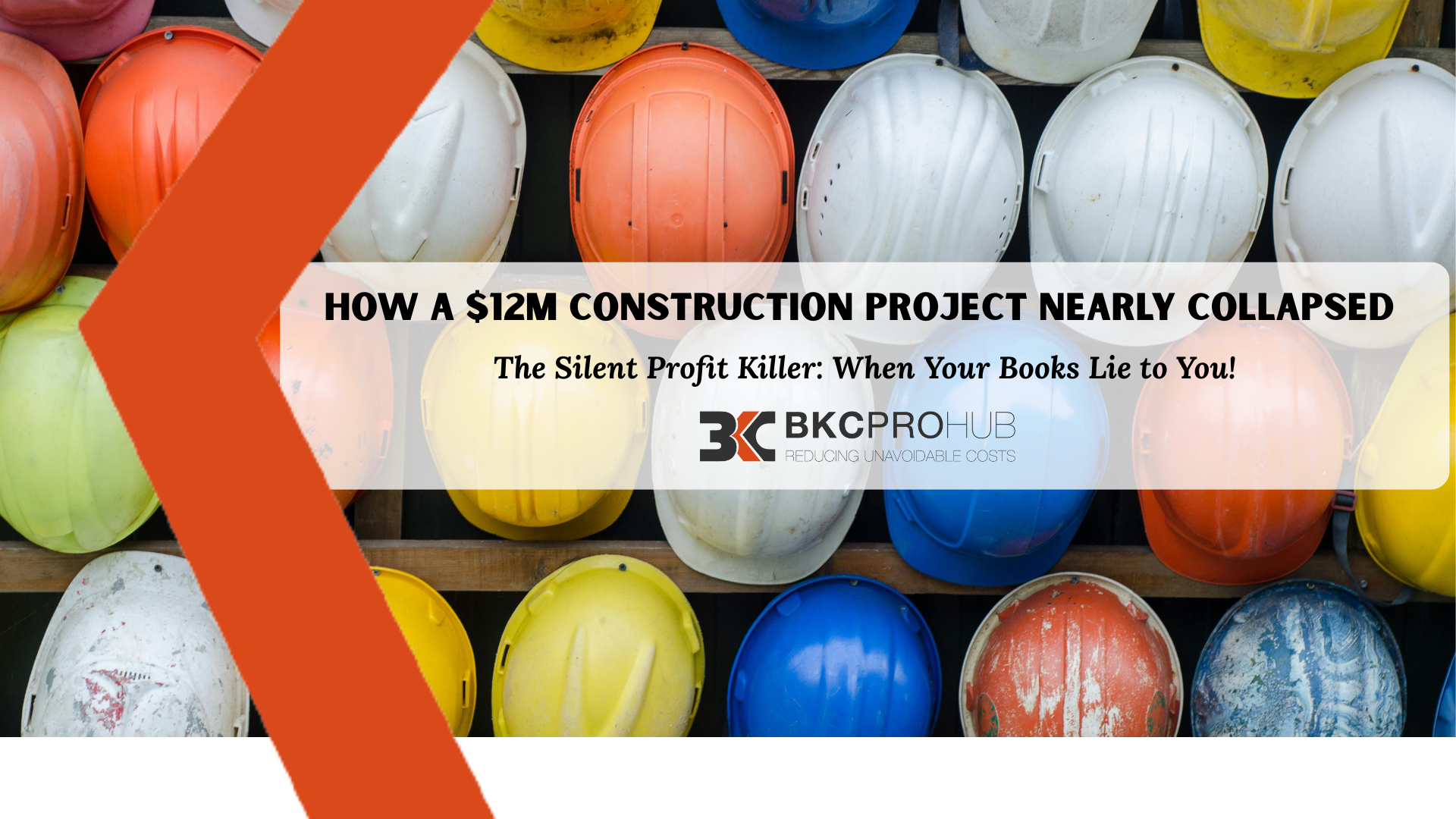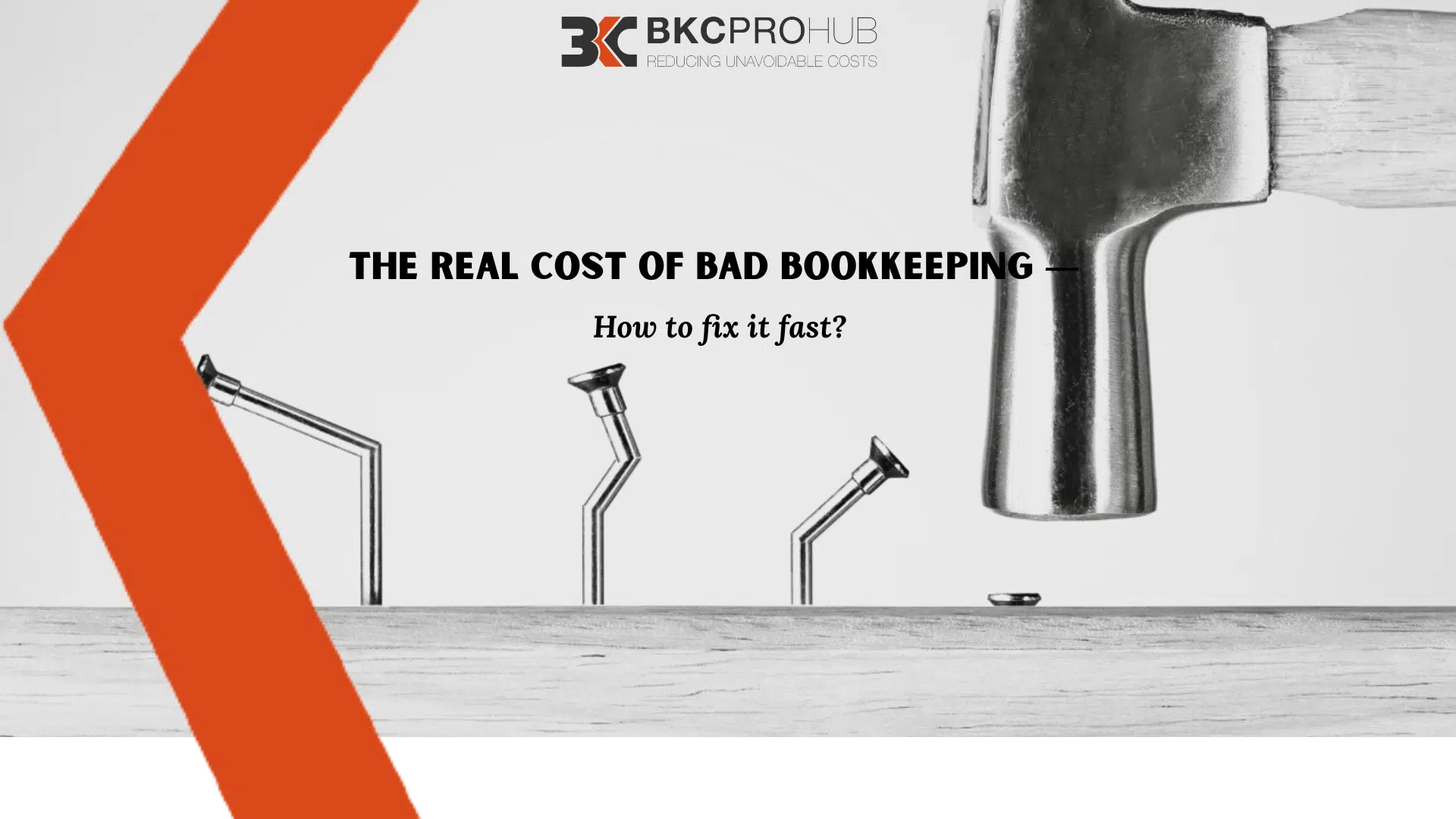Understanding Excessive Interest and Financing Expenses Limitation (EIFEL) Rules in Canada
Canada’s tax landscape underwent a significant transformation with the introduction of the Excessive Interest and Financing Expenses Limitation (EIFEL) rules. These regulations fundamentally change how Canadian businesses can deduct interest and financing expenses, impacting tax planning strategies across multiple industries. Whether you’re a CFO of a manufacturing company, a real estate developer, or a business owner managing debt financing, understanding EIFEL rules is critical to maintaining compliance and optimizing your tax position.
The Excessive Interest and Financing Expenses Limitation (EIFEL) rules limit the amount of interest and financing expenses Canadian businesses can deduct for tax purposes, generally to 30% of tax EBITDA, aligning Canada with international base erosion and profit shifting (BEPS) standards established by the OECD.
What Are the EIFEL Rules?
The EIFEL rules represent Canada’s implementation of Action 4 of the OECD’s Base Erosion and Profit Shifting (BEPS) project. These rules are designed to prevent multinational enterprises from using excessive interest deductions to shift profits out of Canada to lower-tax jurisdictions.
Background and Legislative Purpose
Before EIFEL, Canada’s thin capitalization rules focused primarily on debt owed to non-resident shareholders. However, these rules had limitations and didn’t address all forms of base erosion through interest deductions. The EIFEL rules take a broader approach, applying to interest and financing expenses regardless of whether they’re paid to related or unrelated parties, residents or non-residents.
The legislative purpose is threefold: protect Canada’s tax base from erosion, align with international tax standards, and create a level playing field for businesses operating in Canada. By limiting interest deductibility, the government aims to ensure that corporations pay their fair share of Canadian taxes while maintaining competitiveness in the global economy.
Effective Date and Applicability
The EIFEL rules apply to taxation years beginning on or after October 1, 2023. For corporations with a December 31 year-end, this means the rules became effective starting January 1, 2024. Businesses need to assess their interest expense positions immediately to ensure compliance and avoid unexpected tax liabilities. You can find the complete legislative details in the Department of Finance announcement.
Who Is Subject to EIFEL Rules?
Not every Canadian business will be affected by EIFEL. Understanding whether your organization falls within the scope of these rules is the first step in compliance planning.
Threshold Requirements
The EIFEL rules include a de minimis threshold designed to exempt smaller businesses and those with minimal interest expenses. A taxpayer is exempt from EIFEL if their total interest and financing expenses for the year, combined with those of associated corporations, do not exceed $1 million CAD.
This threshold is calculated on a group basis, meaning all Canadian members of a corporate group must aggregate their interest and financing expenses. If the combined total exceeds $1 million, all members of the group become subject to EIFEL, even if individually they would fall below the threshold.
Exemptions for Small Businesses
Beyond the $1 million de minimis threshold, certain entities may be exempt or subject to modified rules. Standalone Canadian-controlled private corporations (CCPCs) that are not part of a multinational group often benefit from more favorable treatment, provided they meet specific criteria.
Additionally, certain financial institutions, insurance corporations, and entities engaged in specific regulated activities may have special rules or exemptions. It’s essential to consult with tax professionals to determine your exact status under EIFEL.
Canadian-Controlled Private Corporations (CCPCs)
CCPCs represent a significant portion of Canadian businesses. While they’re not automatically exempt from EIFEL, many smaller CCPCs will fall below the $1 million threshold. However, CCPCs that are part of larger corporate structures or have substantial debt financing need to carefully assess their exposure to these rules.
For CCPCs engaged in real estate development, manufacturing with significant capital investments, or businesses with leveraged buyout structures, EIFEL can have substantial implications on after-tax cash flow and financial planning.
How EIFEL Rules Calculate Interest Deductibility
The mechanics of EIFEL involve complex calculations that determine how much interest expense can be deducted in a given tax year. Understanding these calculations is essential for accurate tax planning and compliance.
The Fixed Ratio Rule (30% of Tax EBITDA)
The primary limitation under EIFEL is the fixed ratio rule, which restricts interest and financing expense deductions to 30% of tax EBITDA (earnings before interest, taxes, depreciation, and amortization). This calculation is based on tax values, not accounting values, which can create significant differences.
Tax EBITDA is calculated by taking your taxable income and adding back:
Interest and financing expenses
Taxable capital gains (and subtracting allowable capital losses)
Tax depreciation (capital cost allowance)
Certain other adjustments specified in the legislation
The 30% limitation means that if your tax EBITDA is $10 million, you can deduct a maximum of $3 million in interest and financing expenses, regardless of your actual interest costs. Any excess becomes “restricted interest and financing expenses” that may be carried forward or potentially absorbed by other group members.
Group Ratio Rule Alternative
Recognizing that some businesses legitimately require higher levels of debt financing, the EIFEL rules include an alternative: the group ratio rule. This allows Canadian members of a multinational group to deduct interest up to a higher percentage if they can demonstrate that the group’s overall leverage justifies it.
Under the group ratio rule, a taxpayer can deduct interest and financing expenses up to a percentage of tax EBITDA that reflects the group’s consolidated financial statements ratio. This requires detailed calculations and documentation, including:
Consolidated financial statements prepared under acceptable accounting standards
Calculations showing the group’s net interest expense to EBITDA ratio
Proper allocation of the group ratio to Canadian entities
Filing of prescribed forms with the Canada Revenue Agency (CRA)
The group ratio rule can provide significant relief for businesses in capital-intensive industries or those with legitimate business reasons for higher debt levels. However, it requires sophisticated tax planning and documentation.
Restricted Interest and Financing Expenses Defined
EIFEL applies to a broad range of costs beyond simple interest on loans. Restricted interest and financing expenses include:
Interest on debt obligations to any party (related or unrelated, resident or non-resident)
Financing fees, arrangement fees, and commitment fees
Guarantee fees related to borrowings
Certain lease financing costs
Notional interest amounts on certain derivatives and hedging instruments
Foreign exchange gains and losses related to debt obligations
Capitalized interest that is subsequently expensed
This comprehensive definition means businesses must carefully review all financing-related costs to determine their EIFEL exposure. It’s not simply a matter of looking at interest expense on the income statement.
Key Compliance Requirements
Compliance with EIFEL involves more than just calculating your allowable deduction. The CRA has established specific documentation and filing requirements that businesses must meet.
Documentation and Record-Keeping
Taxpayers subject to EIFEL must maintain detailed records supporting their interest deductibility calculations. This includes:
Complete schedules of all interest and financing expenses
Tax EBITDA calculations with supporting workpapers
Documentation of any group ratio elections
Transfer pricing documentation for related-party interest
Records of any restricted expenses carried forward
Associated corporation determinations and allocations
The CRA expects contemporaneous documentation, meaning records should be prepared during the tax year, not reconstructed later during an audit. Businesses should implement systems to track EIFEL-relevant information throughout the year.
Filing Requirements with CRA
When filing corporate tax returns, taxpayers subject to EIFEL must complete specific forms and schedules. This includes disclosing total interest and financing expenses, tax EBITDA calculations, any restricted amounts, and elections made under the group ratio rule.
Failure to properly complete these forms can result in reassessments, penalties, and interest charges. Given the complexity of EIFEL calculations, many businesses are engaging tax professionals to ensure accurate and complete filings.
Transfer Pricing Considerations
For businesses with related-party debt, EIFEL doesn’t replace transfer pricing requirements—it adds to them. You must still ensure that interest rates charged between related parties meet arm’s length standards under Canada’s transfer pricing rules.
This creates a dual compliance burden: first, ensuring the interest rate is appropriate under transfer pricing rules, and second, determining whether the interest is deductible under EIFEL. In some cases, interest that meets transfer pricing requirements may still be non-deductible under EIFEL.
Impact on Canadian Businesses
The EIFEL rules have varying impacts across different industries and business structures. Understanding how these rules affect your specific sector is crucial for strategic planning.
Real Estate and Infrastructure Sectors
Real estate development and infrastructure projects typically involve significant debt financing, often exceeding the 30% tax EBITDA threshold. For these businesses, EIFEL can substantially increase effective tax rates and reduce cash flow available for debt servicing.
Real estate companies may need to restructure financing arrangements, consider equity financing alternatives, or utilize the group ratio rule if part of a larger organization. Project-level financing structures may need to be reconsidered to optimize tax efficiency under EIFEL.
Manufacturing and Wholesale Trade
Manufacturing businesses with substantial capital investments often carry significant debt to finance equipment, facilities, and working capital. Wholesale trade businesses may have high inventory financing costs. Both sectors need to carefully model their EIFEL exposure.
For BKCProHub’s manufacturing and wholesale trade clients, we’ve seen EIFEL impact tax planning in several ways: timing of capital expenditures, inventory management strategies, and consideration of leasing versus purchasing decisions all take on new importance under these rules.
Private Equity and Leveraged Structures
Private equity-backed businesses and companies resulting from leveraged buyouts face particular challenges under EIFEL. These structures often involve high debt levels by design, with interest expenses that can easily exceed the 30% limitation.
For these businesses, the group ratio rule may provide relief, but careful planning is essential. Some private equity structures are being reconsidered in light of EIFEL, with greater emphasis on equity components or hybrid financing instruments.
Planning Strategies and Best Practices
While EIFEL creates new constraints, strategic planning can help minimize its impact and maintain tax efficiency.
Optimizing Your Capital Structure
Businesses should review their capital structures to determine whether adjustments can reduce EIFEL exposure. This might include:
Increasing equity financing relative to debt
Refinancing high-interest debt with lower-cost alternatives
Timing debt repayments to optimize tax EBITDA in specific years
Utilizing hybrid instruments that may receive more favorable treatment
Restructuring intercompany financing within corporate groups
Each business situation is unique, and capital structure decisions must balance tax considerations with commercial realities, financing costs, and business objectives.
Group Ratio Election Considerations
For businesses that are part of multinational groups, the group ratio election can provide significant benefits. However, this election requires careful analysis:
Is the group’s consolidated interest-to-EBITDA ratio higher than 30%?
Can you obtain the necessary consolidated financial information?
Are the compliance costs justified by the tax savings?
How will the election affect other group members?
The group ratio election must be made annually and requires coordination across the corporate group. Professional tax advice is essential to determine whether this election makes sense for your situation.
Working with Tax Professionals
EIFEL is one of the most complex areas of Canadian tax law introduced in recent years. The calculations involve technical accounting concepts, the rules interact with other tax provisions, and the compliance requirements are substantial.
Working with experienced tax professionals can help you navigate EIFEL effectively, identify planning opportunities, ensure compliance, and avoid costly mistakes. The investment in professional advice typically pays for itself through tax savings and risk mitigation.
How BKCProHub Can Help with EIFEL Compliance
At BKCProHub, we’ve been helping Canadian businesses navigate complex tax regulations since 2009. Our team of Chartered Accountants and CPAs has deep expertise in Canadian corporate taxation, including the new EIFEL rules.
Expert Tax Advisory Services
We provide comprehensive EIFEL advisory services, including:
Initial impact assessments to determine your exposure
Tax EBITDA modeling and projections
Group ratio election analysis and preparation
Capital structure optimization recommendations
Transfer pricing documentation for related-party interest
Integration of EIFEL planning with overall tax strategy
Our approach is practical and business-focused. We don’t just calculate numbers—we help you understand what EIFEL means for your business and develop strategies that work in the real world.
Ongoing Compliance Support
EIFEL compliance isn’t a one-time project—it requires ongoing monitoring and documentation throughout the year. BKCProHub provides:
Monthly or quarterly EIFEL tracking and reporting
Year-end tax return preparation including EIFEL forms
Documentation maintenance to support CRA audits
Updates on legislative changes and CRA guidance
Coordination with your existing accounting and finance teams
With our 99.99% accuracy rate and 24-hour turnaround time, you can trust that your EIFEL compliance is in expert hands. We serve over 200 clients across Canada and globally, with particular expertise in manufacturing, real estate, and professional services—the sectors most impacted by EIFEL.
Frequently Asked Questions About EIFEL Rules
What happens to interest expenses that exceed the EIFEL limitation?
Restricted interest and financing expenses that cannot be deducted in the current year can be carried forward for up to 20 years. They may be deducted in future years to the extent you have available capacity under the EIFEL rules. In some cases, restricted expenses can also be transferred to other members of a corporate group.
Do EIFEL rules apply to interest income as well as expenses?
EIFEL primarily limits interest expense deductions. However, interest income and financing income are included in the tax EBITDA calculation, which can increase your capacity to deduct interest expenses.
How do EIFEL rules interact with thin capitalization rules?
Both sets of rules can apply simultaneously. Interest that is denied under thin capitalization rules is excluded from the EIFEL calculation. This means you must first apply thin capitalization rules, then apply EIFEL to the remaining deductible interest.
Can I elect out of EIFEL if my business has legitimate reasons for high debt?
There is no general election to opt out of EIFEL. However, the group ratio rule provides an alternative calculation method that may allow higher deductions for businesses that can demonstrate their group’s financing structure justifies it.
What if my business is below the $1 million threshold this year but exceeds it next year?
You need to assess your status each year. If you exceed the threshold in a future year, EIFEL will apply starting that year. It’s wise to monitor your interest expenses and plan ahead if you’re approaching the threshold.
How does EIFEL affect partnerships and trusts?
EIFEL applies at the partnership and trust level, with special rules for allocating restricted expenses to partners and beneficiaries. These rules are complex and require careful analysis for businesses operating through these structures.
Are there any industries completely exempt from EIFEL?
Most industries are subject to EIFEL, though certain financial institutions and regulated entities may have modified rules. There are no blanket industry exemptions, but the $1 million de minimis threshold exempts many smaller businesses across all sectors.
Additional Resources
For more information about EIFEL rules and Canadian tax compliance, consider these authoritative resources:
Canada Revenue Agency (CRA) – Official tax information and guidance
Department of Finance Canada – Legislative updates and tax policy announcements
OECD BEPS Project – International context for EIFEL rules
CPA Canada – Professional resources and technical guidance
Take Action on EIFEL Compliance Today
The EIFEL rules represent a fundamental shift in how Canadian businesses manage interest deductibility. Whether you’re just learning about these rules or already working on compliance, taking proactive steps now can save significant tax dollars and avoid compliance issues down the road.
Don’t wait until tax filing season to address EIFEL. The time to assess your exposure, implement tracking systems, and develop planning strategies is now. With proper planning and expert guidance, you can navigate these rules effectively while maintaining your business’s financial health.
BKCProHub’s team of Canadian tax experts is ready to help you understand and comply with EIFEL rules. With over 30 years of combined experience and a track record of 99.99% accuracy, we provide the expertise and support you need to handle even the most complex tax challenges.
Ready to ensure your EIFEL compliance? Contact BKCProHub today for a consultation with our Canadian tax specialists.






